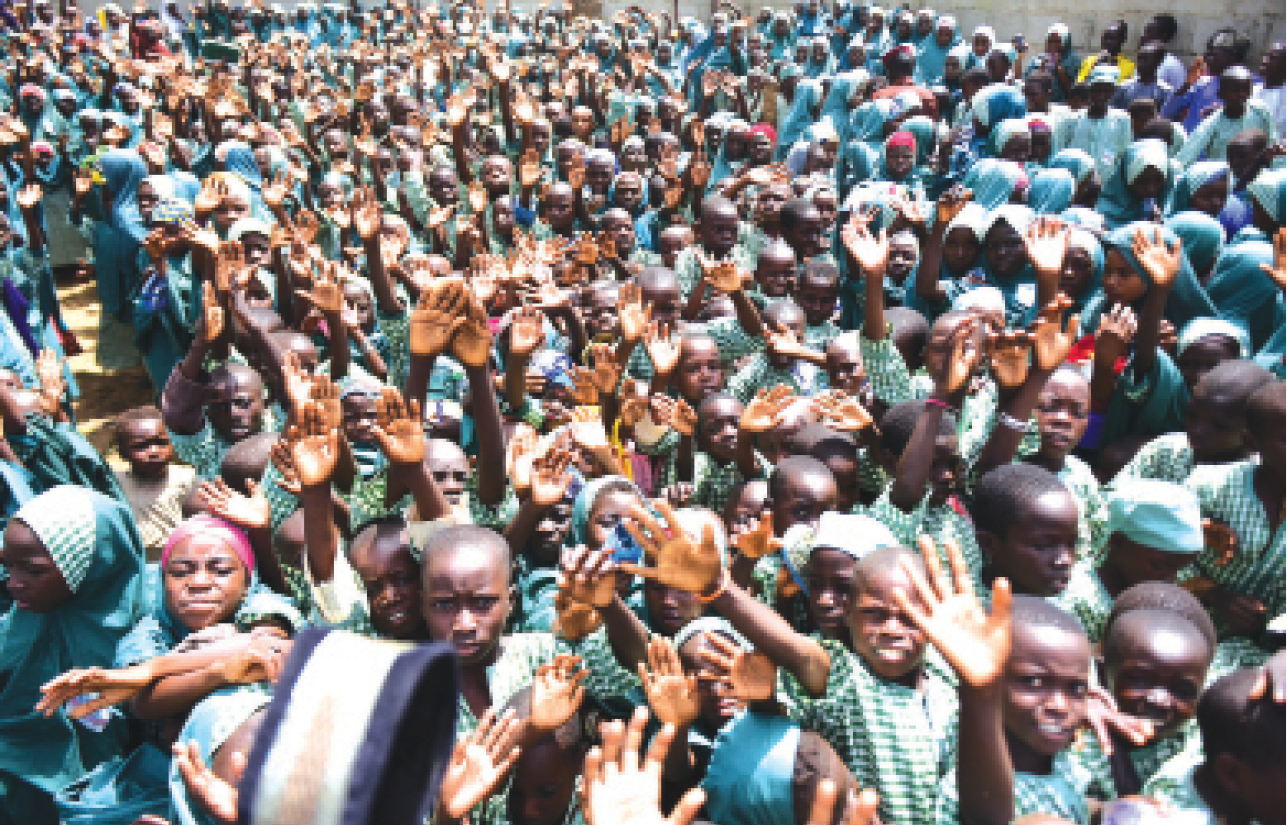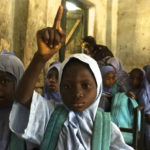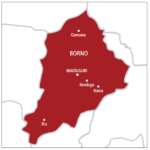Plan International Nigeria and GoalPrime Organization Nigeria (GPON) have announced the launch of a new humanitarian project to improve education for children in Borno, Nigeria.
The project is expected to benefit 8,865 girls and boys, including 1,200 out-of-school children, and training of 30 volunteer teachers on the Accelerated Basic Education programme.
In a statement, Yunus Abdulhamid, Plan’s Communication Advisor, said the 24-month project, which is supported by the European Commission Humanitarian Aid & Civil Protection (ECHO), will provide quality formal and non-formal education to 8,865 children in Borno’s Damboa and Kala Balge, two of the most affected areas by the Boko Haram insurgency.
He said the project will focus on improving learning opportunities and protective environment through strengthened formal and non-formal education services.
He further said the project will support the construction/rehabilitation of temporary learning spaces/classrooms, distribution of menstrual hygiene management/dignity kits, provision of teaching and learning kits, support and training for teachers and strengthening of School Based Management Committees.
“It will also help to address protection concerns within formal and non-formal schools, including Tsangaya and Islamiya as well as strengthening of knowledge and capacity to assess the disaster risks, and to develop disaster preparedness plans, in the target schools,” he said.
Country Director of Plan International Nigeria, Charles Usie, said: “This project is a critical step in providing quality education to the children of Borno State, many of whom have been out school for a long time.”
He said they are grateful for the collaboration they received from the Borno government and for ECHO’s support, which will allow them to reach thousands more children who have been affected by the North East crisis in the past 13 years.
In his remark, the GOALPrime Organisation Nigeria’s Country Director, Dr Christopher Oguegbu, said based on their experience working in the North East of Nigeria, “we understand that education is the key to breaking the cycle of poverty and violence.”
The new project is aligned with the Sustainable Development Goals (SDGs), specifically SDG 4, which aims to ensure inclusive and equitable quality education and promote lifelong learning opportunities for all.

 Join Daily Trust WhatsApp Community For Quick Access To News and Happenings Around You.
Join Daily Trust WhatsApp Community For Quick Access To News and Happenings Around You.


